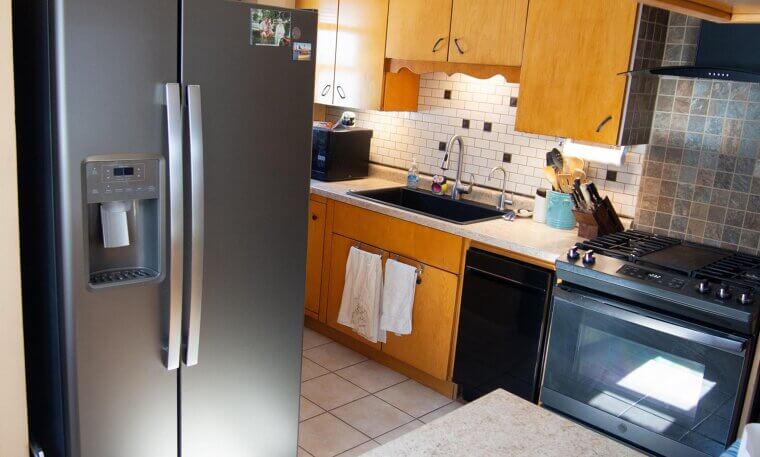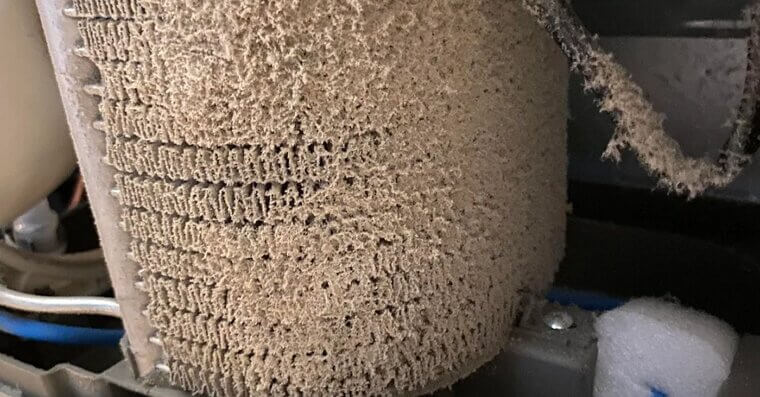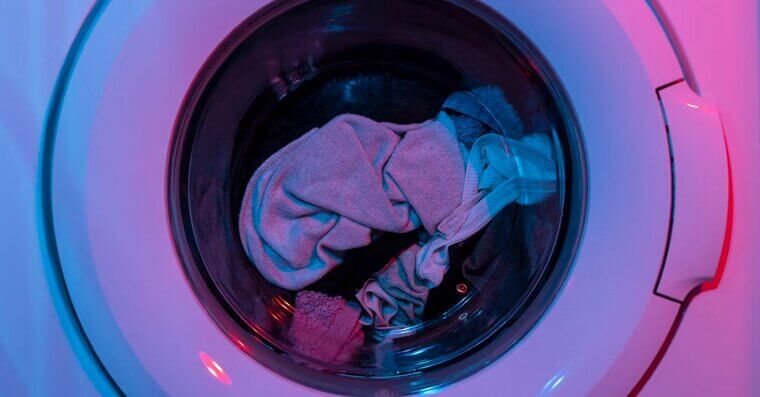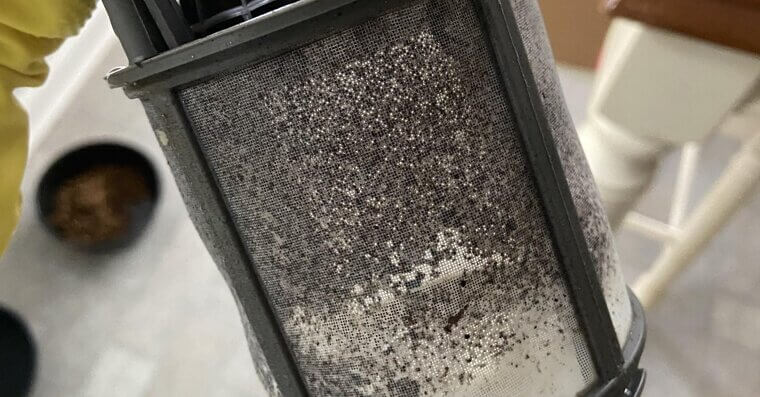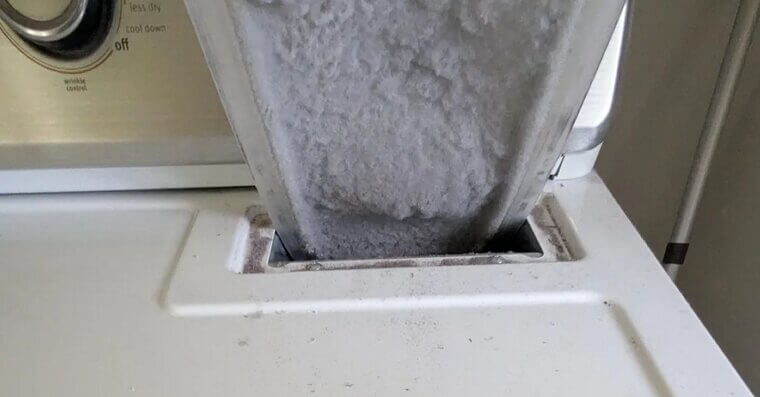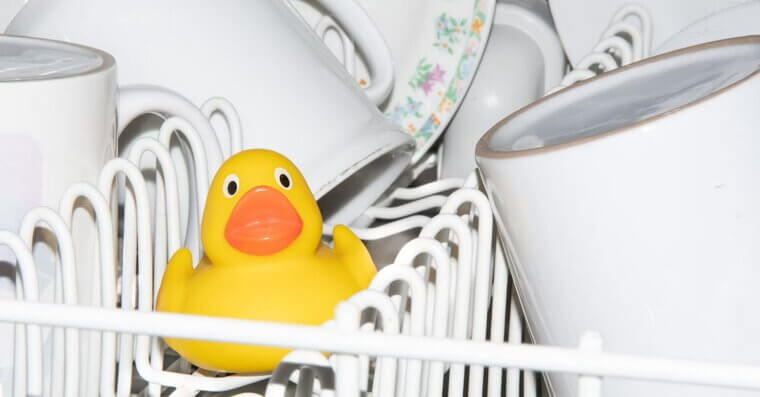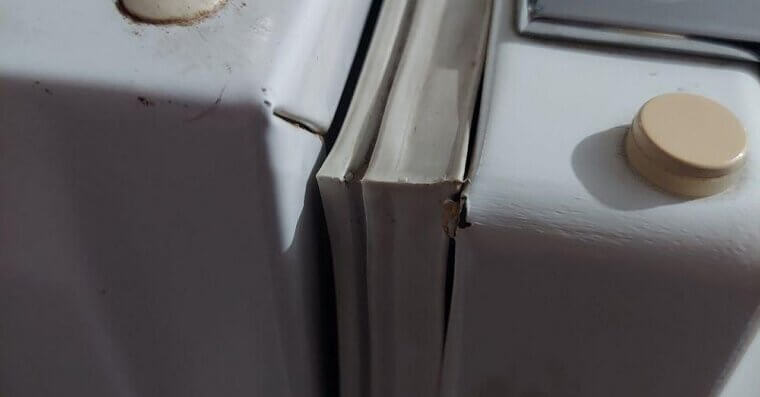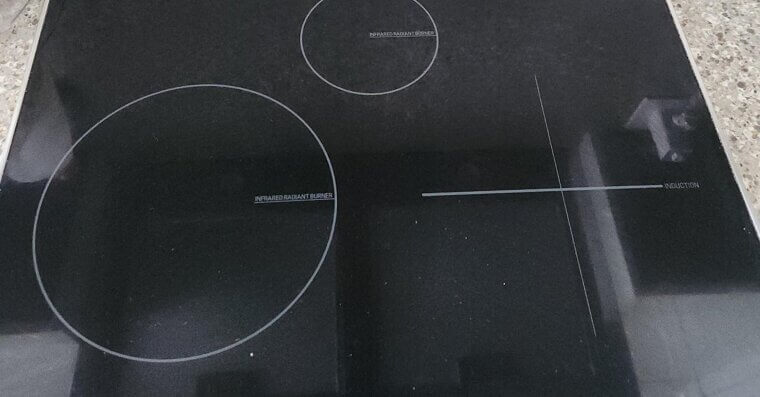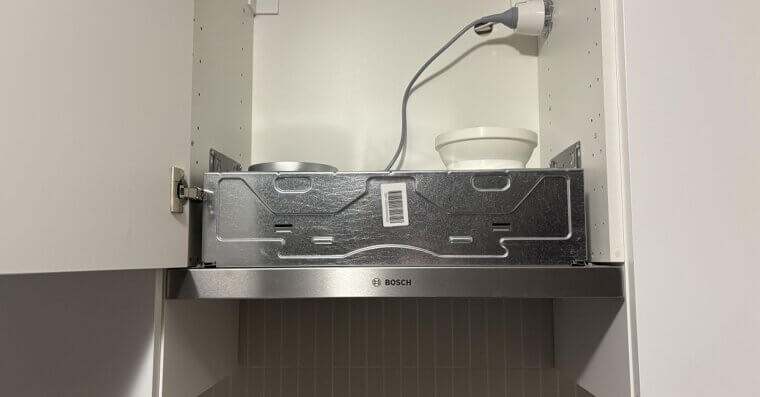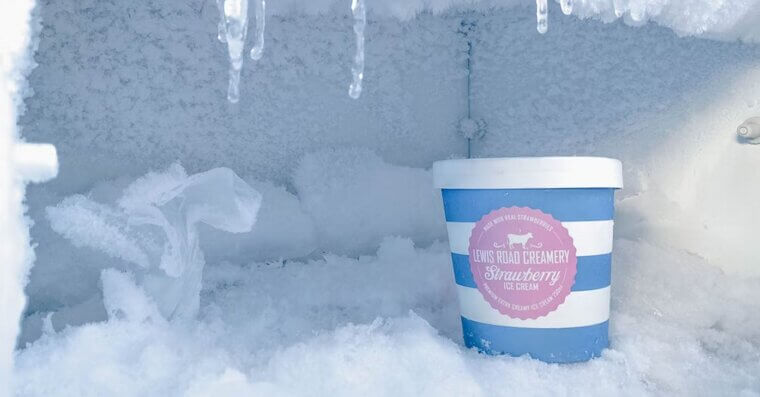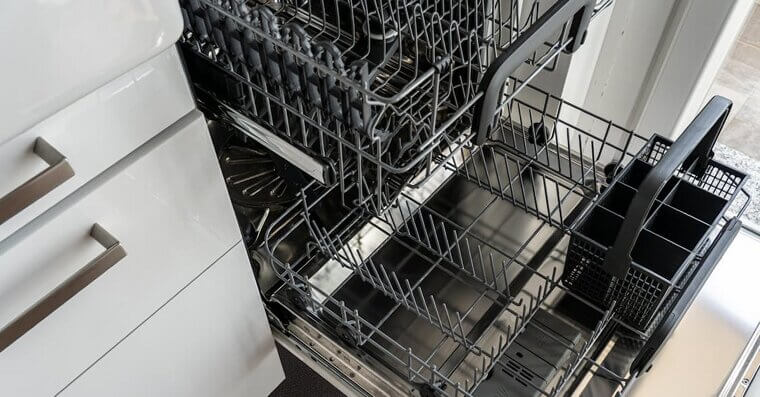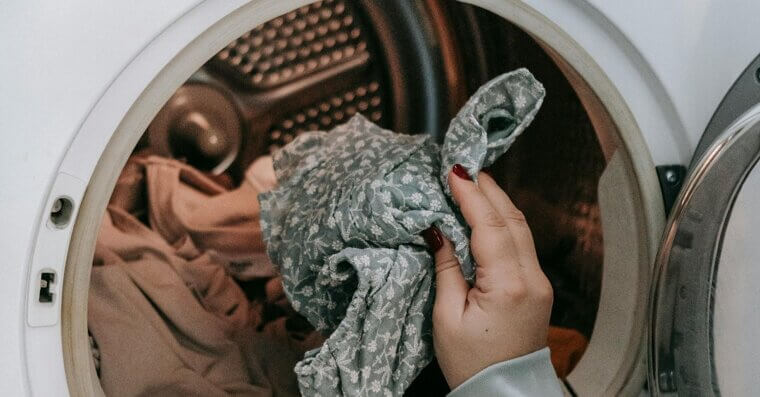Smart DIY Care for Appliances That Last
Major appliances aren’t cheap, and replacing them can unfortunately be a huge strain on your savings account. But the good news is, a little DIY care can keep your fridge, washer, dryer, and other big-ticket items humming along for years past their expiration date. These simple, do-it-yourself tips don’t even take very long and they could save you hundreds.
Clean Refrigerator Coils
Dusty coils make your fridge work harder, which shortens its life. Every few months, pull it out, unplug it, and use a vacuum or brush to clear away all the dust. You’ll be amazed at how much gunk hides back there, and your fridge will thank you.
Balance Your Washing Machine
If your washer wobbles like it’s trying to break dance out of your laundry room, it’s time to level it. Adjust the feet so it’s perfectly even (or hire someone else to do the job). This reduces wear on the drum and motor, keeping it running smoother for years. And the machine will be a lot quieter during spin cycles!
Empty the Dishwasher Filter
That little filter at the bottom of your dishwasher traps all the gross leftover food bits, and if it’s clogged, the pump works harder. Give it a quick rinse every couple of weeks. Not only will it extend the machine’s life, but it’ll also keep your dishes from smelling terrible.
Clean the Dryer Lint Trap and Vent
You probably clean the lint screen after every load in the dryer, but the vent hose needs love too. A clogged vent can overheat your dryer and shorten its life - plus, it’s a fire risk, the last thing you want in your house. Unhook it a couple of times a year and vacuum it out.
Avoid Overloading Appliances
It’s tempting to cram the washer or dishwasher to the brim with everything you need cleaning, but overloading makes motors, pumps, and heating elements work harder than they should. Stick to the recommended capacity and you could be saving on a big repair bill in the future.
Replace Worn Gaskets
The rubber seals on your fridge, freezer, or oven doors keep cold or heat where it belongs. If they’re cracked or loose, your appliance has to work harder. Check them regularly and replace when needed – it’s cheap and it will reduce your energy bills.
Keep Ovens and Stovetops Clean
Baked-on grease isn’t just ugly - it makes your oven heat unevenly and can stress the heating elements. Wipe spills as they happen, and give the stovetop a quick scrub after cooking. A clean surface works better, lasts longer, and doesn’t smell bad when you start to cook.
Descale Your Coffee Maker
Hard water can leave mineral buildup inside your coffee maker, which clogs the works and slows down brewing. Every month or two, run a cycle with equal parts water and white vinegar, then rinse with plain water. You don’t want to lose your machine if you’re drinking coffee every day!
Check and Clean Range Hood Filters
Grease-filled range hood filters force the fan motor to work harder. Pop them out, soak in hot soapy water, scrub, and dry. And if they’re beyond saving, replace them – look around for reputable kitchen manufacturers who’ll fit a new one for you.
Defrost Freezers Before Ice Builds Up
If your freezer’s an icy cavern, that means the compressor’s working double-time. Don’t wait until you have to chisel your ice cream out - defrost when the ice buildup reaches about a quarter-inch. Freezers are vital and they’re also expensive, so you want to keep yours lasting as long as possible.
Keep Small Gaps Around Appliances
Pushing appliances too tight against walls or cabinets can block airflow to the machine. Give your fridge, dryer, and even dishwasher some breathing room so they don’t overheat. Not a lot of people actually know this one, so tell your friends.
Use the Right Detergents
For washers and dishwashers, stick to the recommended detergents, especially high-efficiency ones if your machine calls for it. Using the wrong type can cause buildup, clogs, and extra strain on internal parts. It might even damage your clothes or dishes.
Run Appliances on Full Loads
Whether it’s laundry or dishes you need to clean, running half-empty cycles wastes energy and wears parts unnecessarily. Wait until you’ve got a full load, but don’t stuff it to the max. Again, this is another one not a lot of people know about, so if you’ve got a friend putting only a handful of things into the washing machine every time, let them know.

